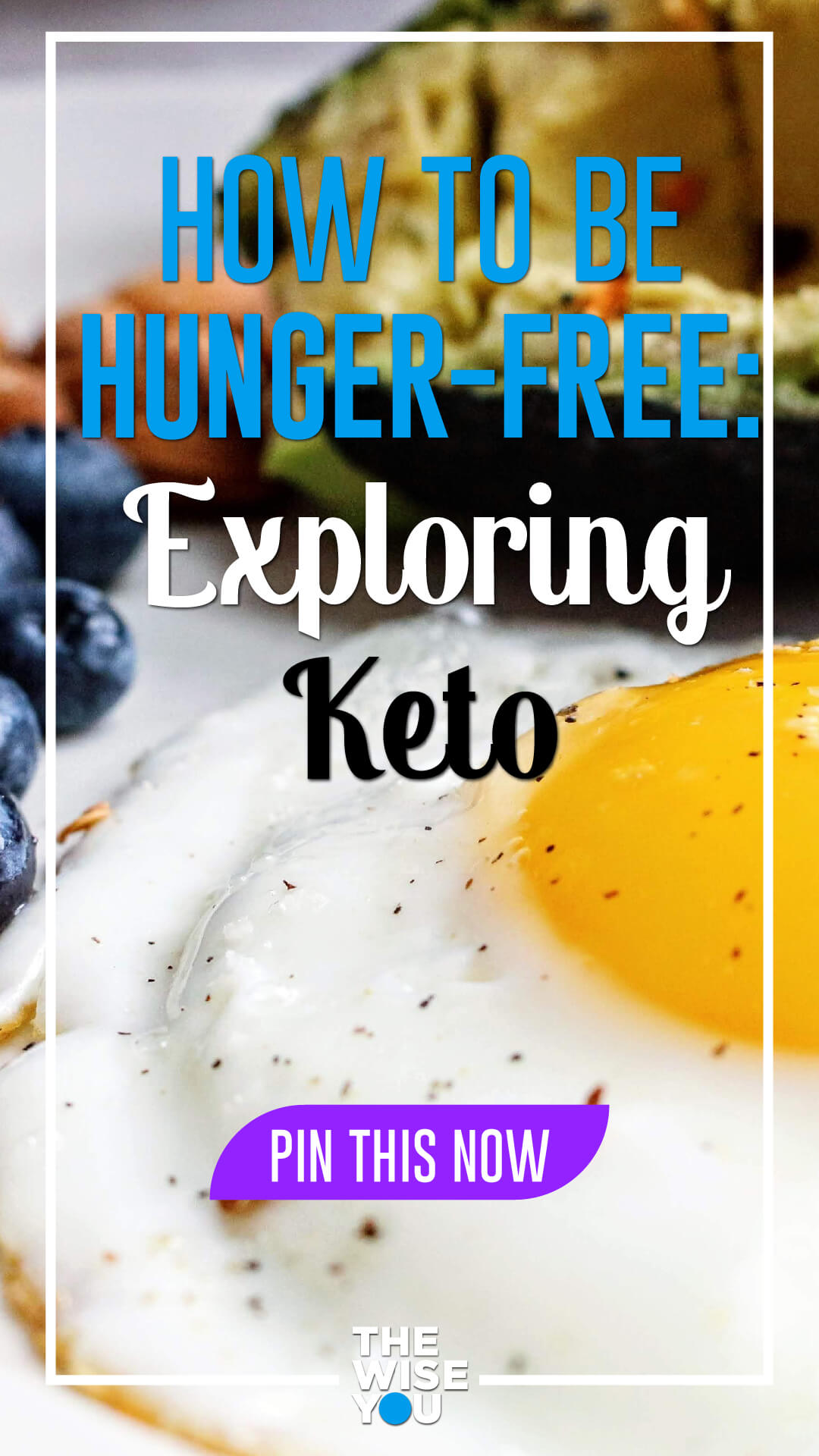In recent times, the ketogenic diet has gained lots of popularity among a plethora of people. We are humans with wants and desires—we cherish some, rebuking others in our realities. The ketogenic diet is unique with high fat, low carbs, and moderate protein. This diet has been linked to a plentitude of advantages to include improving cognitive health and enhancing cholesterol levels.
It’s widely believed by many that the ketogenic diet can reduce weight because of the low amount of carbs one consumes (indisputable fact). The ketogenic diet makes use of fats to power the human body while building energy and brain ability.
The ketogenic diet is an anti-hunger diet that has the propensity to enhance the body’s system—feeding it with fats, protein, and low carbs. This explorative piece aims to uncover how you can be hunger-free using the perfect ketogenic meal. It should be noted that the non-keto diet makes use of calorie limitation when reducing weight. You are expected to eat less, wittingly causing calorie reduction in the body. It is important to note that eating less compels your body to use stored body fats in the body for fuel, and that usually means more hunger is hanging within.
Eating 20-30 grams of carbs per day with keto is called ketosis. With the ketogenic meal, you cut your intake of carbohydrates, and your body is then forced to use more fat for fuel—losing weight is achieved faster. You will now eat a little less, but starvation is not the aim.
What is hunger?
We must get a clear definition of hunger—in an explicit form, hunger is any discomfort or irks caused by lack of food. Another clear definition of hunger is when the stomach angrily asks for a meal to ease its pain—refilling its depleted tank (stomach). A set of signals is sent to the brain, telling it to refill the depleted fuel. Hunger can also be caused by your psychological or emotional state. Among reported cases, hunger is not a psychological need for food but a physiological need for food, because if you start to feel your appetite run wild, you need to stop and ask yourself one blatant question: Am I really hungry or not?
Over time scientists have found it difficult to explain “hunger and appetite”; the ketogenic diet is endowed with the ability to satisfy you well. As record has it, most keto dieters do note that they never feel hungry during their diet. We should also note that some persons have bluntly reported that they do feel hungry during their keto diet, so before you submit to the demands of your stomach it is pertinent to have the right definition of hunger. The term hunger can result from many issues. Sometimes it might be nutritional hunger.
Hunger and thirst are frequently misunderstood by lots of persons. At times, what the being might need is the right water to quench the whole supposed hunger. With that you might find your system in the right position. You might want sugar, but satisfying yourself with water is the right thing to do. Many persons eat for comfort, but that doesn’t mean they are hungry. Doldrums can cause the system to want for more food. Even after eating your keto meal, you find yourself watching the TV over a long period, and your body needs a satisfying meal to complement a good day. At times we eat for comfort even when we do not feel hungry, but that violates what “hunger” means. Another is craving—which is different from hunger, and craving is emotional feelings while hunger, on the other hand, is faced with physical—you might crave for pizza but be hungry for fish. As discussed above, it is obvious that many things or circumstances can cause hunger. Before you submit to what you want, you should diligently understand what your body wants.
Hunger-free: Exploring keto
At times, you might have used your self-restriction to stop yourself from breaking your diet. Truth be told, after you hold back from not consuming carbs, the moment you eat them, you are out of ketosis—burning fats and weight loss are forgotten.
We have organized some friendly points that will guide you on the perfect way of exploring keto.
Eat very well-Eating a meal is the perfect way to satisfy your stomach—this involves the steady supply of food to the body. You should experience lesser hunger and a great energy level.
Don’t be idle—When you feel less busy, your mind is wittingly opened to varieties of thoughts, feelings, and desires. To win hunger perfectly, you should never stay idle. This is more psychological when you keep your mind distracted, not left idle. Do something that will occupy your mind such as write a story, chat with friends, or play a video game. All these will take your mind off of food. That will separate your conscious mind from food.
Eat with caution—It takes about 15-30 minutes for your stomach to stretch receptors to signal your brain you are okay. Eat more gradually and carefully so that the “message” has time to reach your brain perfectly. That way, your hunger gets satisfied even sooner, and you are less likely to consume more food than you need. You should be cautious with what you consume so you don’t fall out of your keto diet.
Avoid starvation—The essence of going on a diet means eating less, but that doesn’t invariably mean we are starving ourselves. The whole essence is for a proper balance. For no reason should you starve yourself, but you should avoid being hungry constantly. It is very cool when you are dedicated and focused on reducing or losing weight, but extreme food restriction will greatly lead to hunger.
Good sleep—There is this blatant fact that no matter how filled you are with food, you still need efficient sleep. You might have heard the saying “you can’t cheat nature”; if you don’t get good sleep, your body will be forced to pick an alternative option which is consuming more food. This is a call for a balance between sleep and food to enhance your efficiency and eliminate hunger.
Reduce stress—Over time the greatest factor impeding diet is stress, which might lead to non-nutritional hunger. Lots of persons sometimes turn to food when they feel stressed. As life evolves from an archaic society to a more complex modern society, these stages do not provide man with a stress-free life. You work for your desires, facing a plentitude of decision making, because surviving itself is not so easy.
Depression—This tends to cause lots of changes in the mind. A socially isolated person will consume more foods than an average human. Move with friends, have a good time outside with what will please your mind. A man that is kept in isolation is in an attenuated form of suffering; your disconnection with society will make you want food.
Your diet and exercise—If you exercise too much, you will discover that you tend to consume more food than someone who eats normal and exercises normally. Exercising consumes great energy, is sapping, and produces tiredness. Jogging every morning, pulling barbells, doing extra push-ups regularly will consume your stored energy. You’d be left with little that makes you eat extra. In essence, you should avoid complex or ardent exercising—you don’t have to eliminate exercise, as a reduction is all it costs.
Consume foods rich in fiber—Consuming food rich with fiber can keep you full. A good, rich fiber diet is very important if you want to be satisfied. You should add more fiber to your meal for satisfaction.
Maybe you need water—Thirst can appear in the form of hunger, presenting itself as hunger. Dehydration can make one feel hunger. In the previous part of this piece, we explained “hunger” with the right definition. Lack of water can mask in the form of hunger. First, opt for a glass of water, then evaluate the level of your hunger. Give it 10-20 minutes before you figure out the right exigency your body needs.
Maybe it is leptin resistance—Leptin is known as a hormone that helps to regulate the body; food is taken in and energy exerted. Leptin impacts overall body composition, not excluding weight. Leptin resistance is a hormonal malfunctioning whereby the body starts producing so much leptin, and tolerance is made, which subsequently makes the cells resilient to leptin. Consequently, the body feels the need for fuel and doesn’t receive the message that it’s full. Individuals with more body fat and those who consume a lot of sugar in the diet are predisposed to higher levels of leptin in the body.
The fact is hunger is a state of mind when you adhere to the ketogenic diet correctly. Fat, protein and fibrous vegetables are a satisfying meal. We are programmed to satiate hunger, and hunger is often seen as something bad that should be avoided. The truth is the hunger is a good friend, and it helps us to send signals that our tank (stomach) needs to be refilled. Don’t starve when you are hungry—eat and feel alive.
10 Reasons a Low-Carb Diet Is Not Helping You Lose Weight







